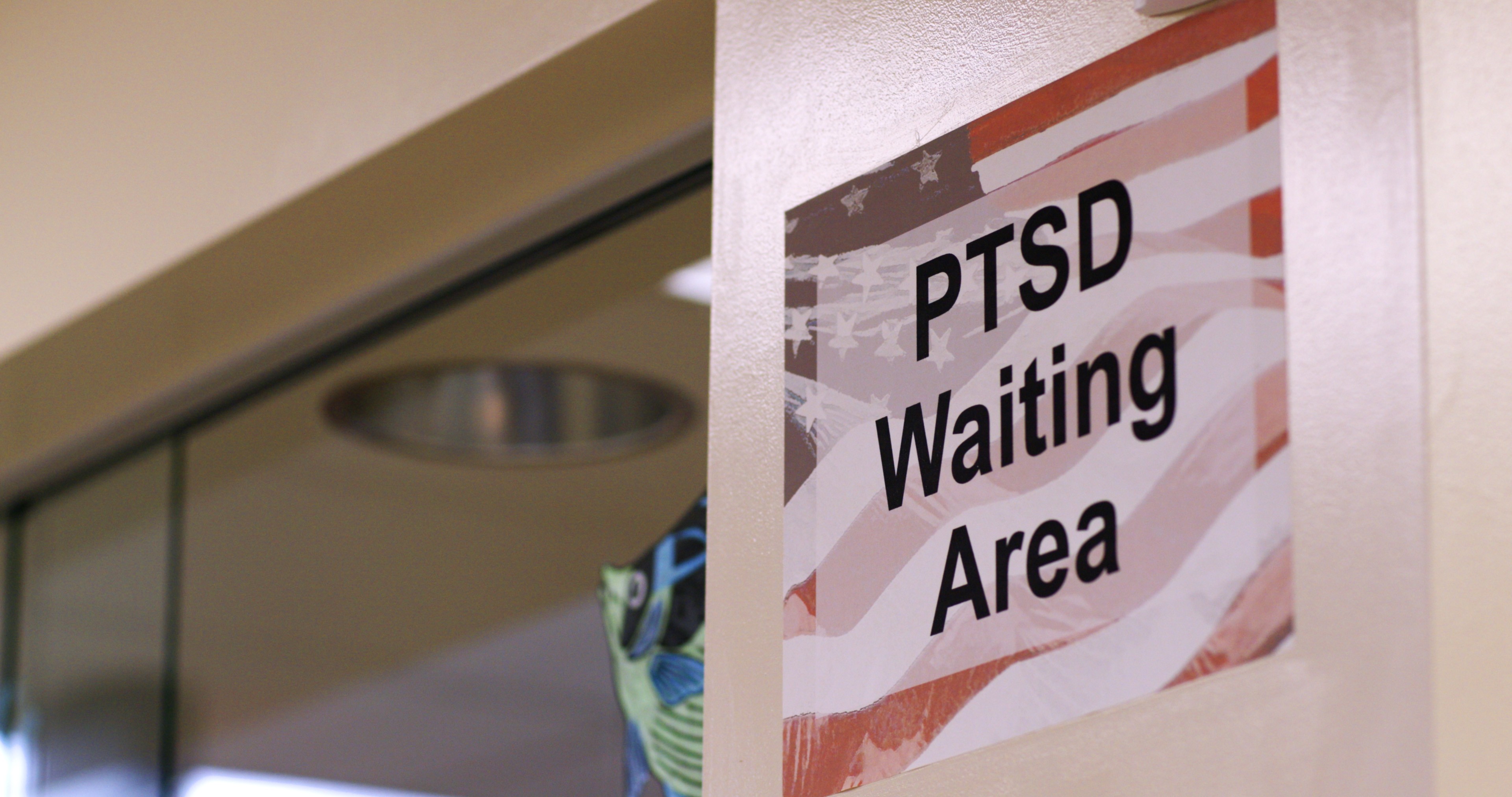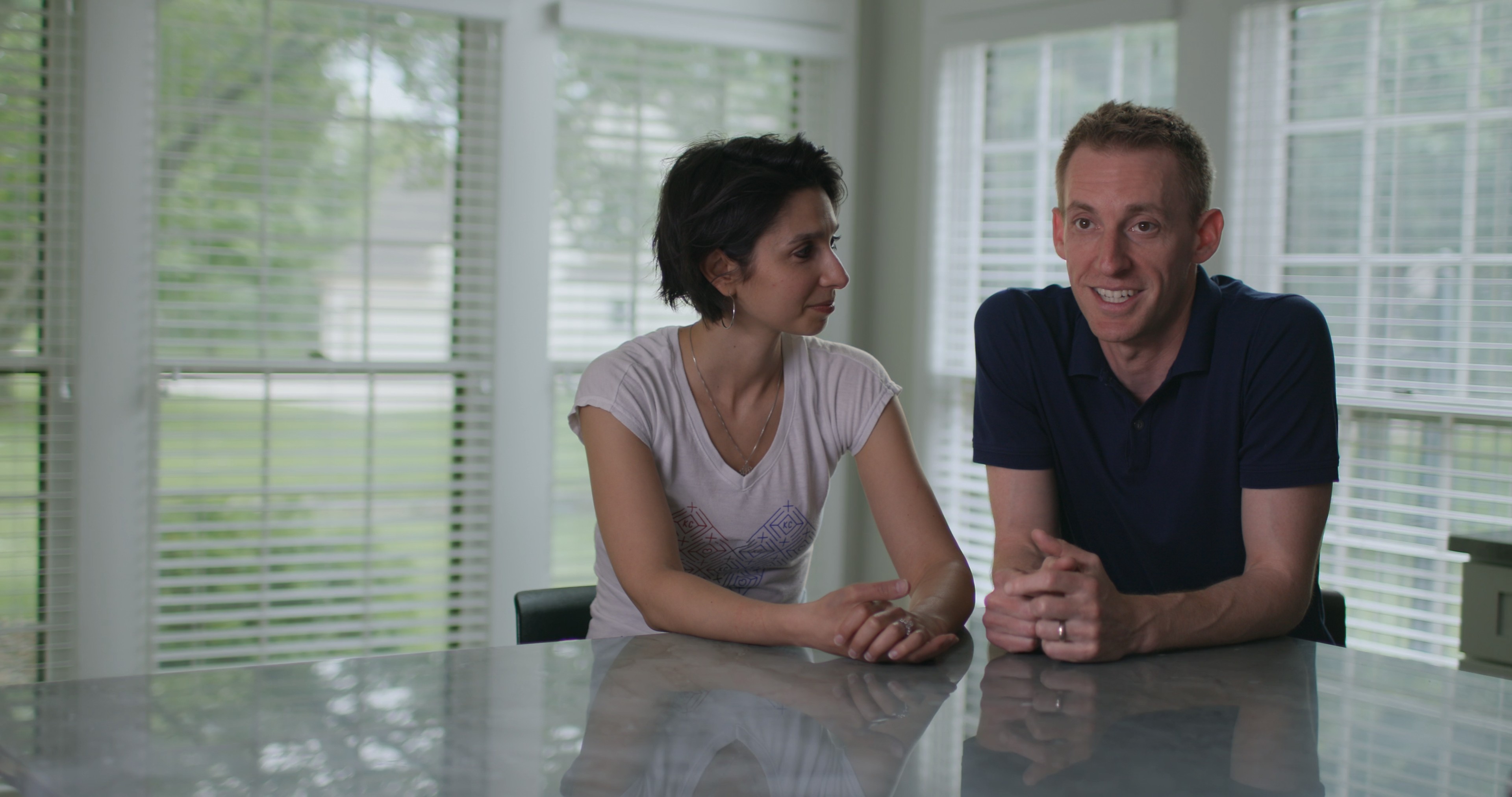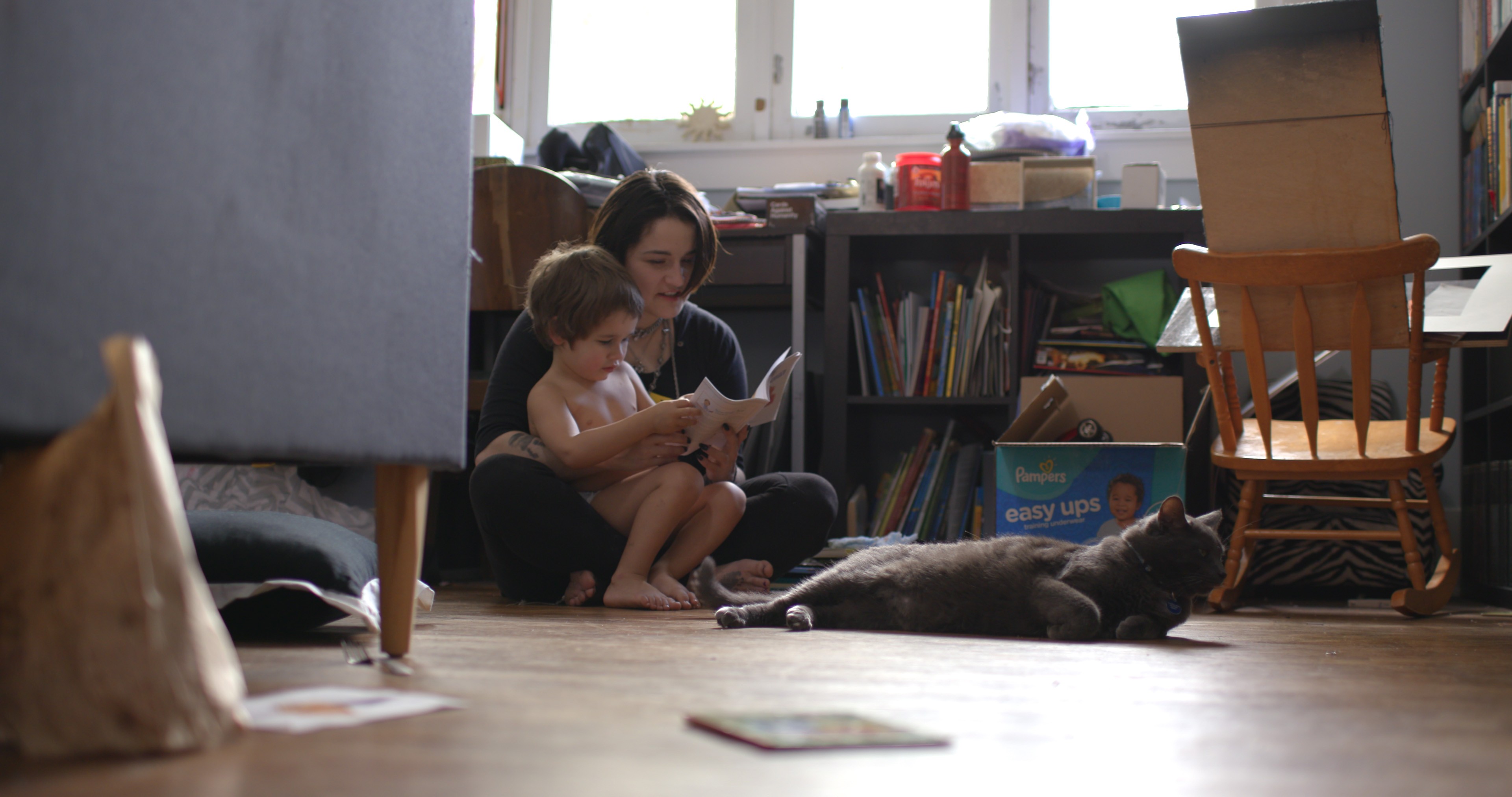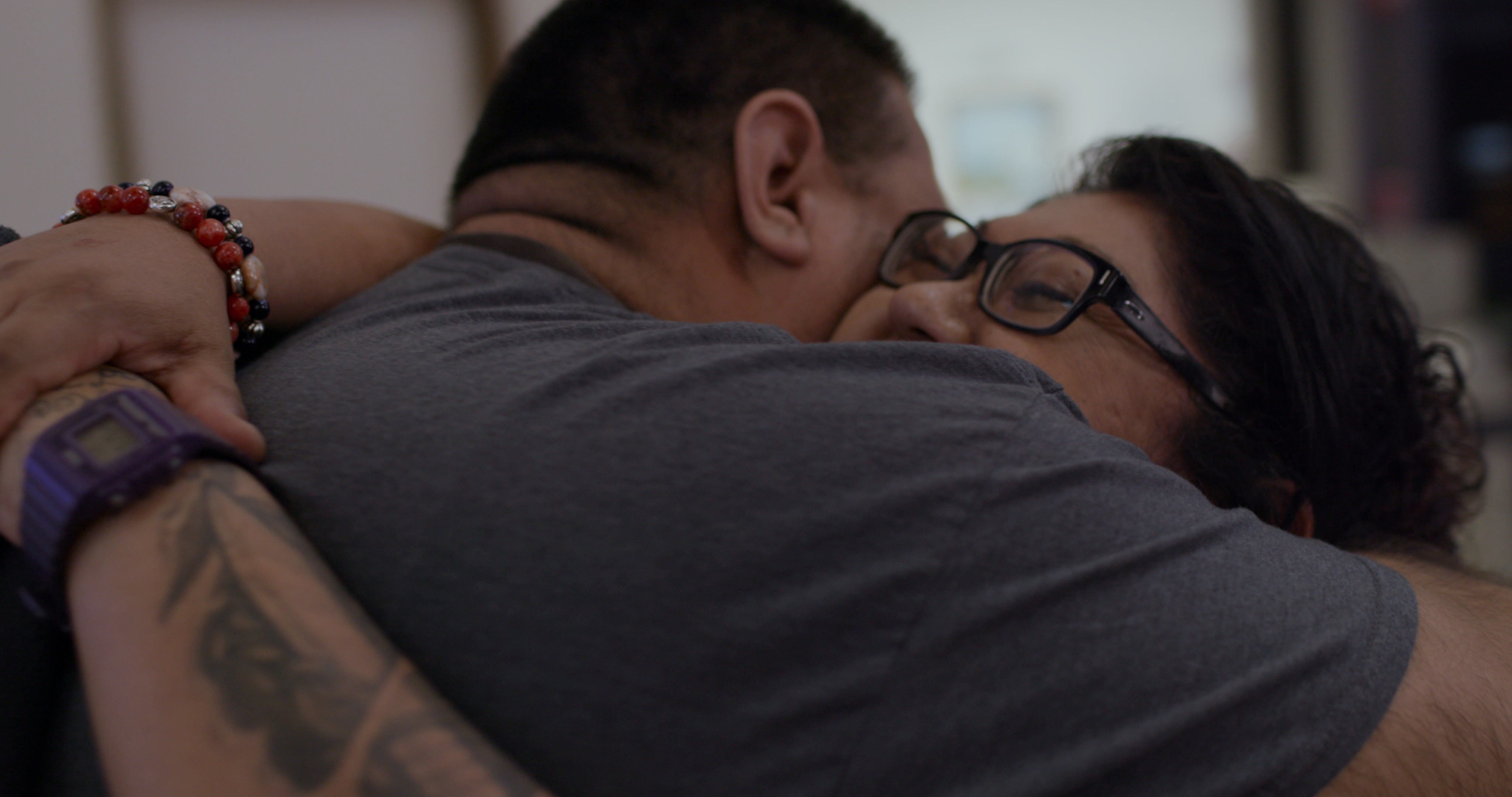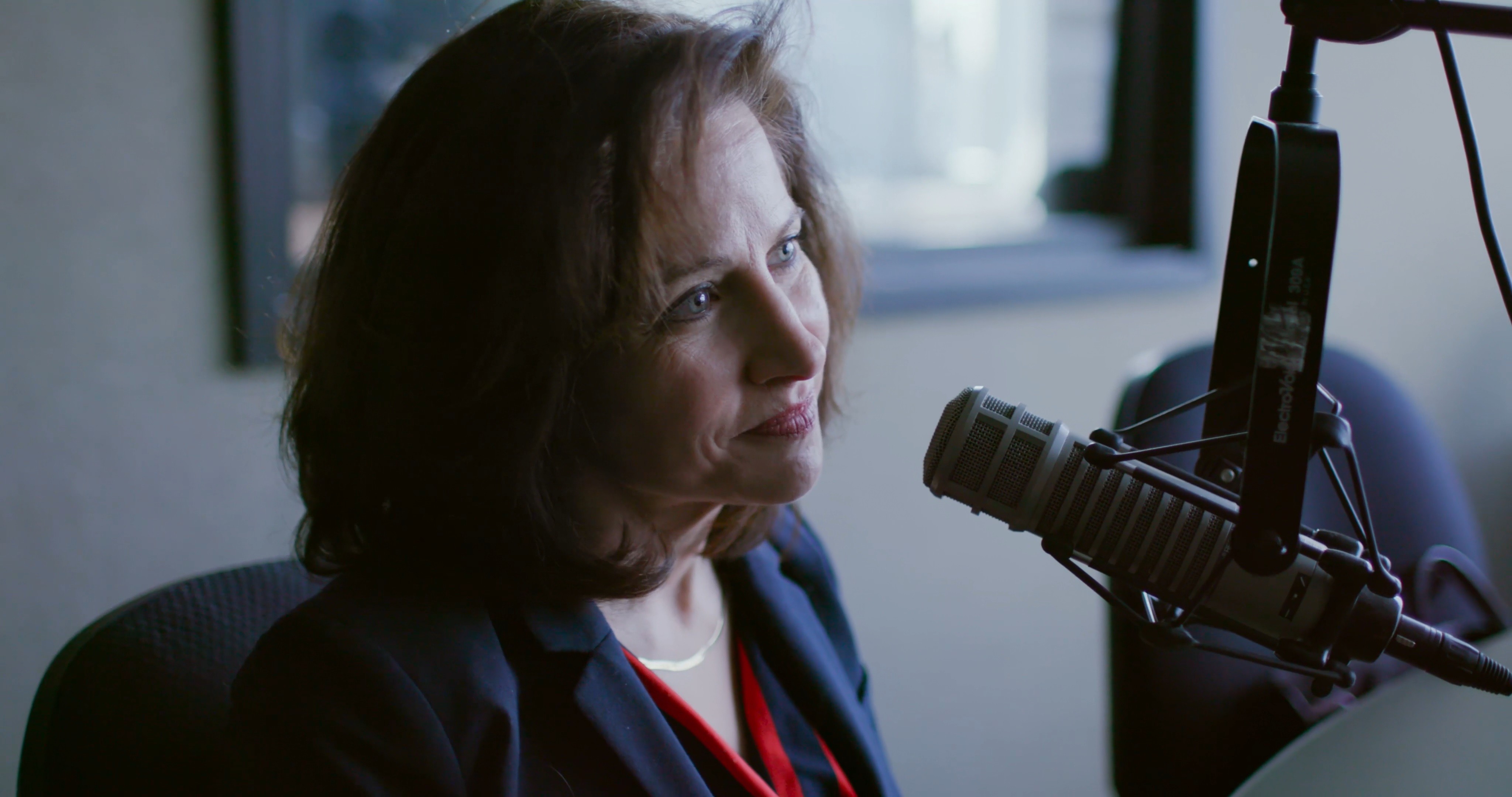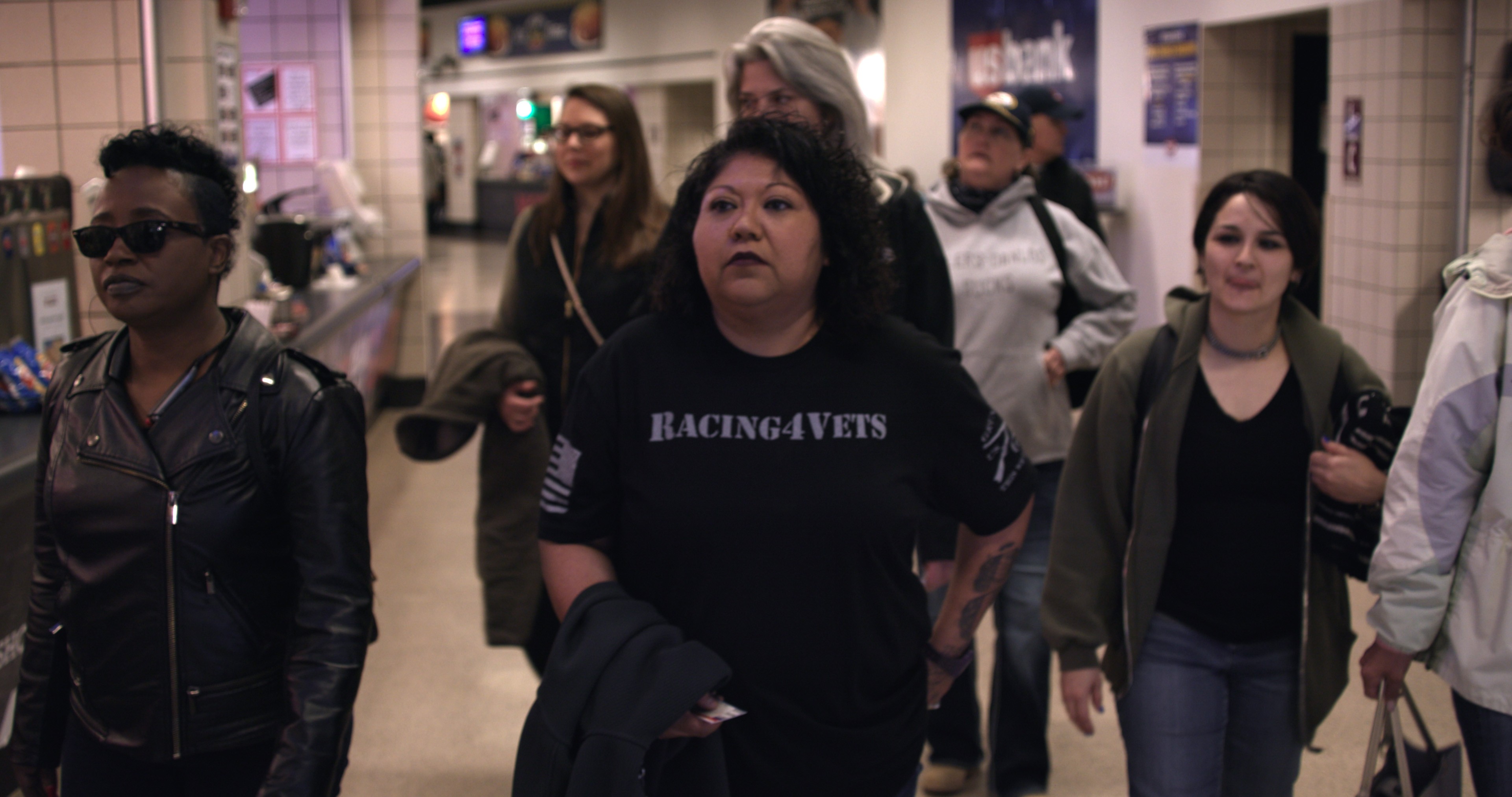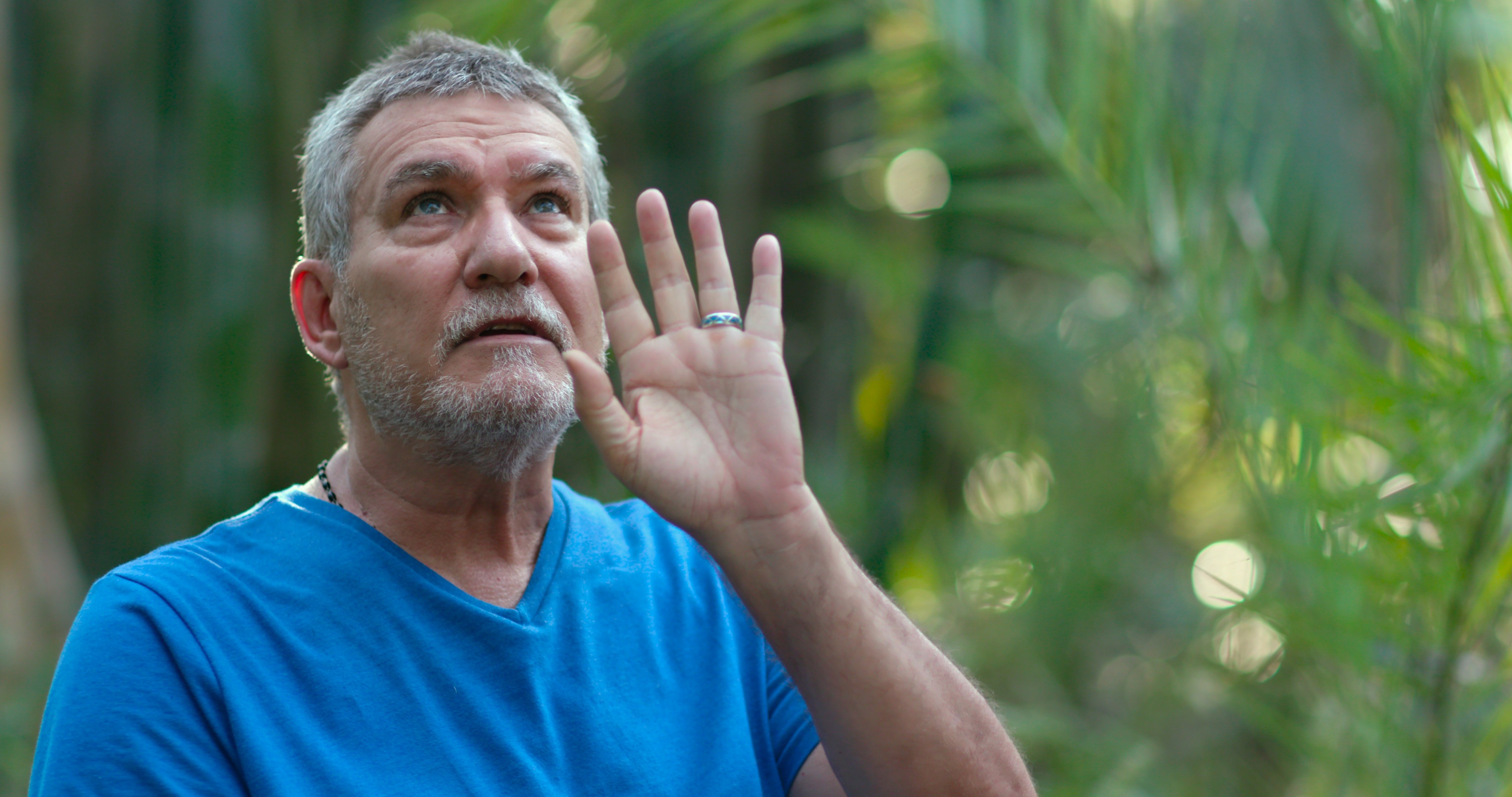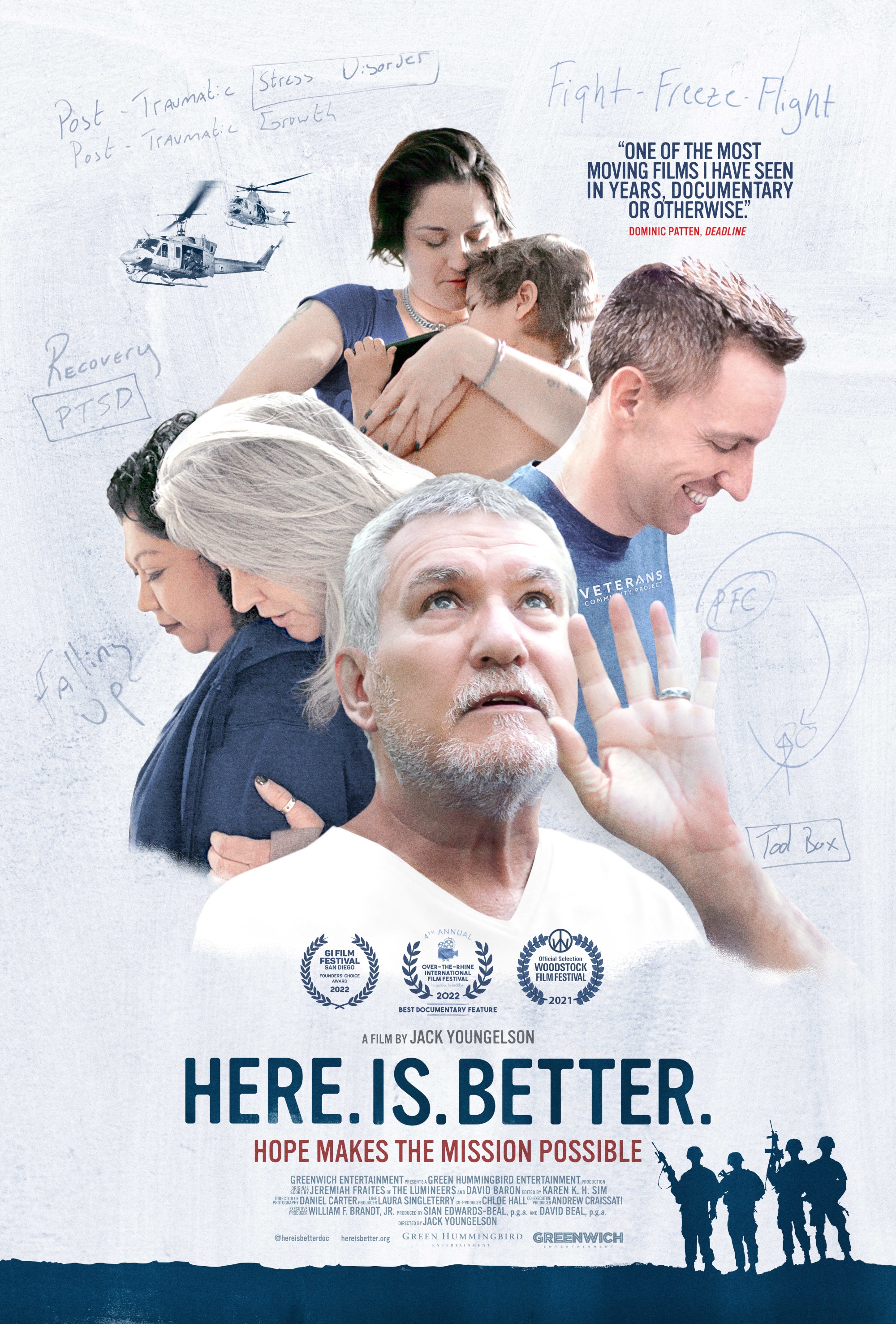

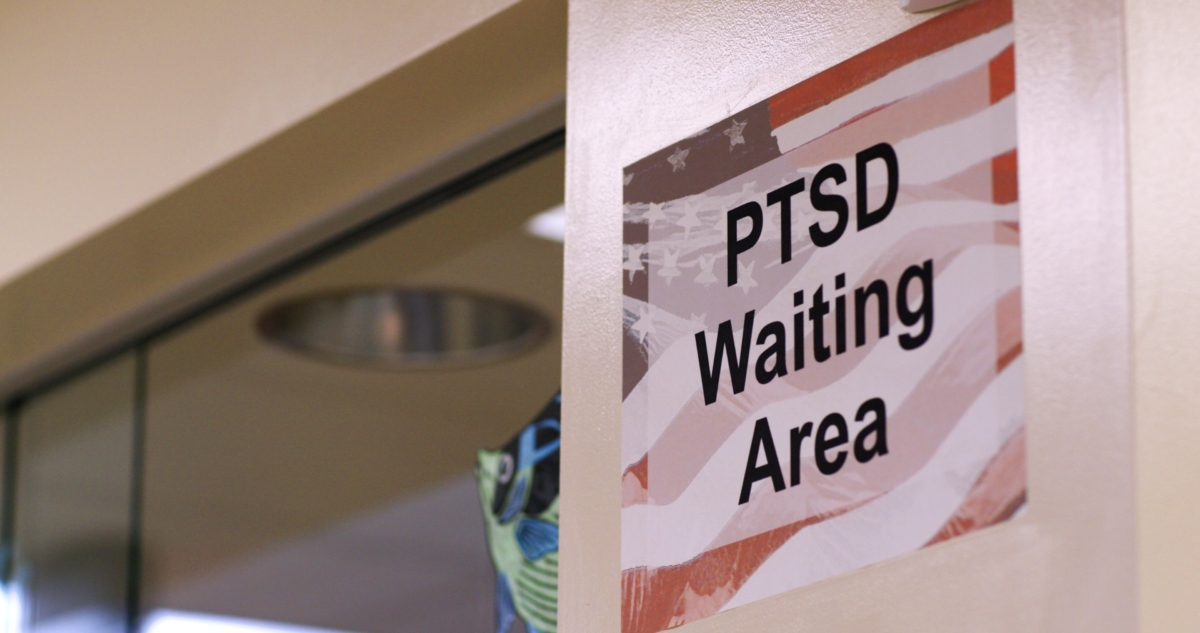
Not Rated | 1h 35m | Health, Documentary | June 23, 2023
Although the term “shell-shocked”—the now-archaic term for combat veterans suffering from post-traumatic stress disorder [PTSD]—is not that far in the rearview mirror, the fact that PTSD can materialize out of many other stressful situations other than combat is only recently becoming clear to the general public. Many such instances are described in “Here. Is. Better,” a new and excellent documentary on the topic.
When one thinks of combat-instigated PTSD, one tends to think of shells exploding, bombs falling with shock and awe, and the myriad instances of haunting war-carnage images veterans encounter. But PTSD can also be subtle and sneak in under the wire.
We’re given a few examples of this: One of the four main subjects of the documentary, Jason Kander, explains to a therapist, how, during the Afghan war, his job as an intelligence officer was to be deep in enemy territory for extended periods of time, isolated from his unit, with only an interpreter and a sidearm, surrounded by highly dangerous individuals. No one knew of his whereabouts, and there was no way of contacting him (and vice-versa) should something go wrong.
The therapist points out that, while not overt like the IED (improvised explosive device) that destroyed the life of the husband of one of the film’s other subject’s—in front of her eyes—such a situation is, albeit subconsciously, massively stressful, and will produce PTSD just as readily.
Another vet, a single mother, and former Army metal worker, with two adorable children, is shown not being able to get out of bed because she can’t sleep for weeks at a time. During her tour of duty, a group of soldiers broke into her barracks and gang-raped her.
And I’ll just say right here that this particular story, and the depictions of volunteers heading into the underbrush near highway overpasses to talk to homeless veterans, brought up massive anger for me. I despise the way America always waves the flag, sings the anthem, touts honor and bravery and then can’t do an even decent job of protecting the men and women on the front lines who suffer and have their lives destroyed while keeping America safe and free.
This Fourth of July, I’m feeling shame regarding this topic. And it’s gone on for so long. Why is it largely vets who take care of vets? Politicians, policies, and bureaucracy. And to think some politicians would like to see the U.S. Department of Veterans Affairs gutted. Don’t get me started.
Director Jack Youngelson elicits candid interviews from four interview subjects: veteran and former political aspirant Jason; Vietnam helicopter door-gunner John; severely emotionally traumatized single mother-veteran Tabitha; and wife-mother-veteran Teresa whose husband was injured in the IED explosion. We learn how PTSD has affected their lives and how therapy has helped heal it.
For me, this was an eye-opener, because PTSD is absolutely treatable, via trauma-focused therapies such as Prolonged Exposure, Cognitive Processing Therapy, and Eye Movement Desensitization and Reprocessing. I did not know about any of this.
The film follows these men and women who have decided to participate in psychotherapy to overcome their PTSD. The film showcases an unprecedented access to various residential treatment programs of the U.S. Department of Veterans Affairs.
An effective film-making decision was to spend the majority of the documentary’s runtime with the veterans instead of the clinical staff, giving them and their families the opportunity to share their experiences and their reactions to the treatment.
The audience is allowed to sit in on these therapy sessions and experience the treatment in real time. Overall, the documentary focuses on the hope in treatment and doesn’t exploit the trauma. This earnest approach humanizes, removes barriers, and allows spectators to care about the film’s subjects.
The film provides the audience with a beacon of hope by revealing the practical steps that its subjects take on their healing journey, and one imagines the film will eventually be utilized as a learning and awareness tool for soldiers and medical professionals, as well as for friends and family of veterans.
Veterans are three times more likely than civilians to experience PTSD, but over 13 million Americans currently suffer from the disorder, and it’s time to spread the word that there is help available.
“Here. Is. Better.” is an effective documentary that facilitates the understanding of a deep-rooted and often underestimated diagnosis. If someone watching is able to relate to the subjects on screen, eventually be able to acknowledge their own struggles with PTSD, and seek help without giving up, this documentary will have achieved exactly what it was supposed to.
Where to Watch: VOD released on all major platforms in the United States.
‘Here. Is. Better.’
Documentary
Director: Jack Youngelson
MPAA Rating: Not Rated
Running Time: 1 hour, 35 minutes
Release Date: June 27, 2023
Rating: 4.5 out of 5 stars

